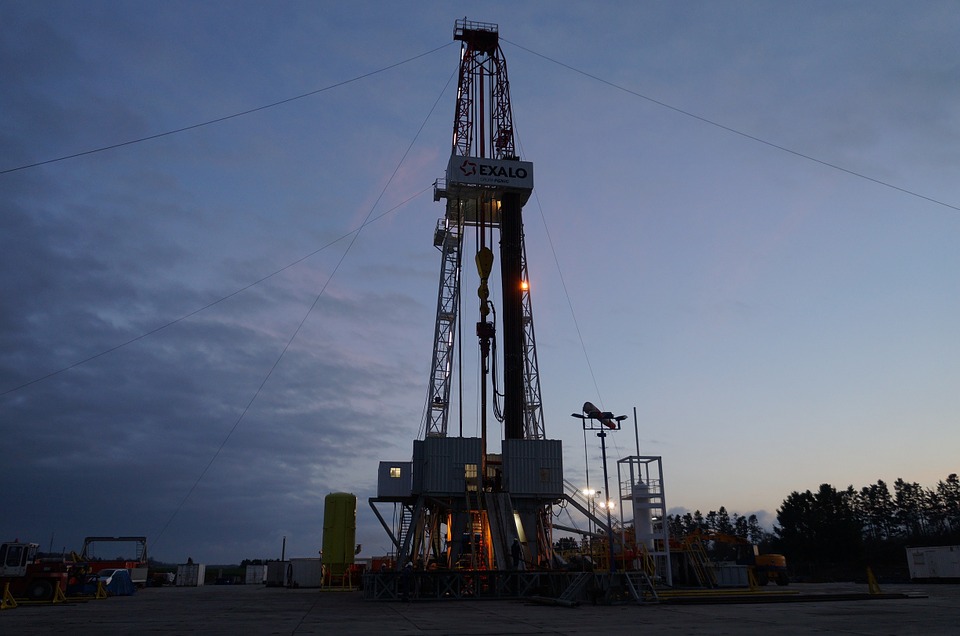Will record heat once again take down the Texas power grid? Officials are worried
05/28/2024 / By Ethan Huff

Hotter-than-usual weather in Texas this past month is bringing to light a very serious problem that has yet to be addressed: a failing power grid.
For the second time in a week, record heat drove up the energy load in Texas to the point that brownouts and blackouts were possible. The Electric Reliability Council of Texas (ERCOT) says everything is fine and not to worry, but outside experts are not so sure.
ERCOT, which provides electricity for 27 million customers, projected that power demand would peak at 75,296 megawatts (MW) on May 24 and 75,952 MW on May 26. The current record for the month of May is 72,261 MW on May 20 with an all-time peak of 85,508 MW on Aug. 10, 2023.
As of this writing, ERCOT says the Texas energy grid is currently operating normally with enough power supply available to meet demands. Things could change, though, as we enter the even hotter actual summer months of June, July, August and September.
Analysts predict that ERCOT electric use will top the all-time high from last summer this upcoming summer. People continue to move to Texas in droves, as are businesses that use lots of energy, i.e., data centers, artificial intelligence (AI) and cryptocurrency mining.
“One megawatt can usually power about 800 homes on a normal day but as few as 250 on a hot summer day in Texas,” Reuters reported.
“High temperatures in Houston, the biggest city in Texas, were forecast to rise from 92 degrees Fahrenheit (33.3 Celsius) on Thursday to 99 F on May 27, according to meteorologists at AccuWeather … The normal high in Houston at this time of year is 88 F.”
(Related: The intense weather events that swept Texas earlier this year similarly threatened to shut down the state’s power grid.)
A really hot summer could bring down the Texas grid
ERCOT is predicting that over the next week, project energy supplies will exceed demand by as much as 42,500 MW during the morning hours of May 26 as the sun starts to energize solar panels, and by as little as 6,600 MW in the evening of May 24 after the sun sets and solar panels stop working – assuming nothing changes, of course.
Things do change, though. On May 22, for instance, ERCOT said it had already experienced a “sudden loss of generation” totaling 1,438 MW that reduces actual supplies from earlier projections.
The outage that resulted occurred at Panda Energy’s natural gas power plant in Temple, and is said to have likely been caused by a tornado that passed through the area.
Overnight that night, there were more than 110,000 homes and businesses that were powerless due to storms. Panda Energy could not be reached by Reuters for comment.
Recognizing all that has happened over the past several years, it is really no surprise that ERCOT is potentially overestimating energy supplies so as to not scare the Texas public concerning possible grid failures that are likely to occur this summer and beyond.
On the flip side, Texas is arguably much better off than other more “green” states due to its acceptance of earth-based fuels like oil and natural gas. These cheap and reliable sources of energy are Texas’ lifeline, and other states would do well to keep using them if they already are, or to start using them if they are not.
At the same time, Texas is being flooded with refugees and migrants not only from across the southern border but also from other states, which is putting excess strain on the system.
Unless Texas takes formidable action to upgrade its grid and soon, the Lone Star State could one day find itself back in the dark ages. Find out more at Collapse.news.
Sources for this article include:
Submit a correction >>
Tagged Under:
chaos, climate, collapse, dangerous, disaster, ecology, electricity, energy supply, environment, heat, new energy report, overpopulation, panic, power, power grid, Texas, weather terrorism
This article may contain statements that reflect the opinion of the author
RECENT NEWS & ARTICLES
COPYRIGHT © 2022 FuelSupply.news
All content posted on this site is protected under Free Speech. FuelSupply.news is not responsible for content written by contributing authors. The information on this site is provided for educational and entertainment purposes only. It is not intended as a substitute for professional advice of any kind. FuelSupply.news assumes no responsibility for the use or misuse of this material. All trademarks, registered trademarks and service marks mentioned on this site are the property of their respective owners.



















